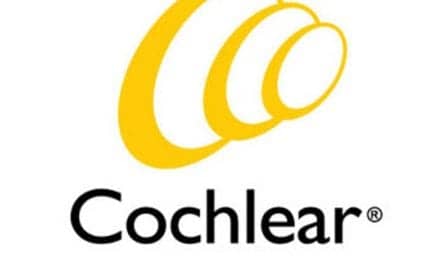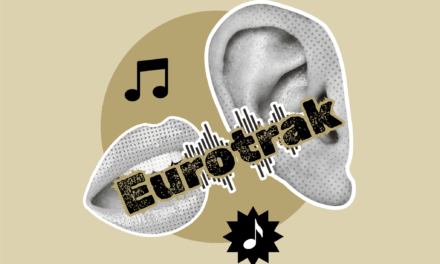The Consumer Technology Association (CTA), the trade association representing the $292 billion US consumer technology industry, fully stands behind the Over-the-Counter Hearing Aid Act introduced by Senators Elizabeth Warren (D-MA) and Chuck Grassley (R-IA), and its House companion bill, introduced by Representatives Marsha Blackburn (R-TN) and Joe Kennedy III (D-MA), the organization announced in a press release. The legislation removes current Federal Drug Administration (FDA) regulations that prohibit manufacturers from marketing non-prescription hearing devices, known as Personal Sound Amplification Products (PSAPs), which can benefit people with mild to moderate hearing loss. The bill allows consumers to buy PSAPs that address hearing loss as over-the-counter devices.
“Getting PSAPs on the same shelf as over-the-counter eyeglasses would be a major win for consumers,” said Gary Shapiro, CEO and president, CTA in the news release. “Consumers are, quite literally, paying the price for these restrictions; they are forced to unnecessarily spend up to 10 times more on traditional hearing aids. The high cost of hearing aids, combined with the inconvenience and cost of doctor appointments, results in most adults with mild hearing loss not getting the hearing assistance they need. PSAPs can provide a less expensive, readily available array of products that can aid the millions of Americans living with mild hearing loss. More, opening this market will bring the innovation that robust competition fosters.”
According to CTA’s Personal Sound Amplification Products: a Study of Consumer Attitudes and Behavior, price is a significant barrier for seeking help for a hearing deficiency. A pair of traditional hearing aids cost anywhere from $1000 to $6000; in contrast, non-prescription devices such as PSAPs are one-tenth the cost, ranging in price from $100 to $600.
In a letter to Senator Warren, Doppler Labs—a PSAP maker and CTA member company—shared their support for the legislation. “Your proposed legislation for an over-the-counter hearing aid category could open the floodgates and encourage innovation in this space from new entrants, particularly the consumer electronics industry,” said Kristen Liu, director of advocacy and accessibility. “With their resources, talent, and knowhow, companies like ours could help innovate hearing technologies and bring new products to market much more quickly.”
Sources: Consumer Technology Association, Hearing Review





